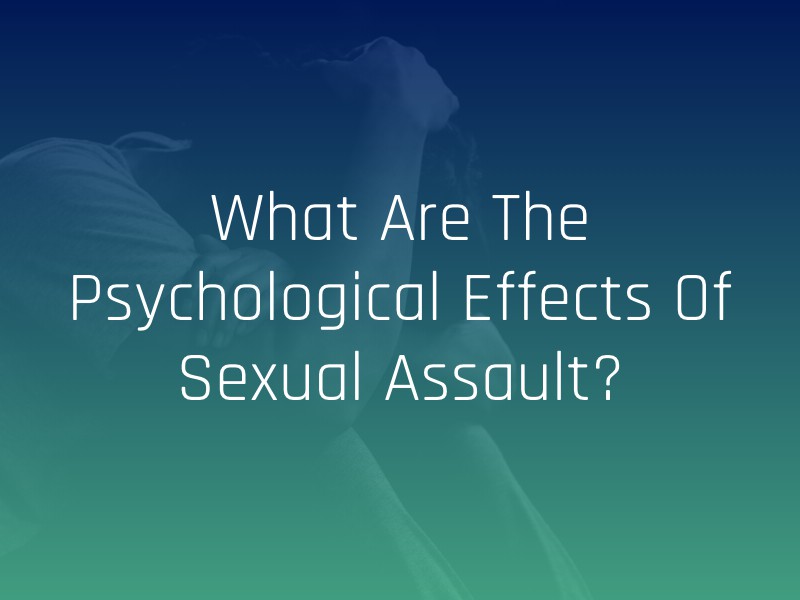Sexual assault is a heinous crime that can have a significant impact on each aspect of a survivor’s life — and without proper healing and justice, overcoming assault can be a momentous challenge. While many people understand the physical realities of sexual assault, many fail to understand how deeply an act of sexual violence can impact a survivor’s psychological well being. By helping survivors understand the pathways of justice that are available for them, they can gain the tools necessary to heal from this trauma.
What Is Sexual Assault?
Sexual assault is any sexual act that someone performs without the consent of the other person, including rape, sexual harassment, inappropriate fondling or touching, and forced oral sex. The legal definition of consent varies, but for sexual activity to be lawful, all parties involved must give free and informed consent. A person cannot obtain consent through force, coercion, or when the other person cannot give consent due to being intoxicated, asleep, underage, or physically or developmentally disabled.
Different states have different definitions on what constitutes sexual assault, which help designate the penalties and consequences that perpetrators face after conviction. However, even with the assistance of the criminal justice system, survivors will need to heal from the aftermath of the assault with community support and mental health treatment.
Mental Health Impacts of Sexual Assault
Sexual assault is a very traumatic experience — the survivor can feel powerless or guilty, along with a host of other emotions that vary from person to person. Because of how violent this crime is, survivors often have to cope with the following psychological effects after the assault.
- Survivors can develop or experience worsening depression after a sexual assault. They may feel hopeless or in despair after experiencing the violent loss of autonomy. Depressive symptoms vary from person to person; for some, the symptoms don’t interfere with daily activities, and for others, the symptoms can consume them and make it difficult to go to work or leave home.
- Sexual assault is a traumatic event, and some survivors develop post-traumatic stress disorder (PTSD) as a result. Although many people associate this condition with war veterans, survivors can experience the same symptoms: intense memories and flashbacks, difficulty facing certain triggers, etc.
- Anxiety attacks are also common after an act of sexual assault. Survivors may fear that the attack could occur again, or memories of the assault may induce a panic attack. They may also experience anxiety encountering certain situations or people that remind them of the assault.
- Addiction issues are also common among survivors. Many people turn to substances like alcohol and drugs after experiencing a traumatic event, and research shows that survivors of sexual assault may have higher rates of addiction than the general population. Drug and alcohol dependence can lead to additional physical and psychological health issues, including worsening certain symptoms and an increased risk of chronic disease.
- Child sexual abuse can have a significant impact on a young person’s life, and the psychological impacts can last well into adulthood. Children may develop the same mental health conditions as adults who experience assault, and they may exhibit certain warning signs while the abuse is occurring. Bed wetting, anxiety before bedtime, nightmares, and anger, tantrums, and depressive symptoms are common with children who are suffering from abuse.
Sexual assault can affect a person’s physical, emotional, and financial well being, but support and resources are available to survivors. Joining a community support group or therapy circle, seeking professional mental health treatment, or visiting a survivor’s resource center could provide survivors with the resources they need to treat the psychological effects of the assault.
If you are struggling with the aftermath of a sexual assault, taking the steps to seek help can be difficult, especially when it comes to reporting the crime to law enforcement. Contact a sexual assault lawyer to discuss your legal options and to take the appropriate steps toward the justice you need to heal.

